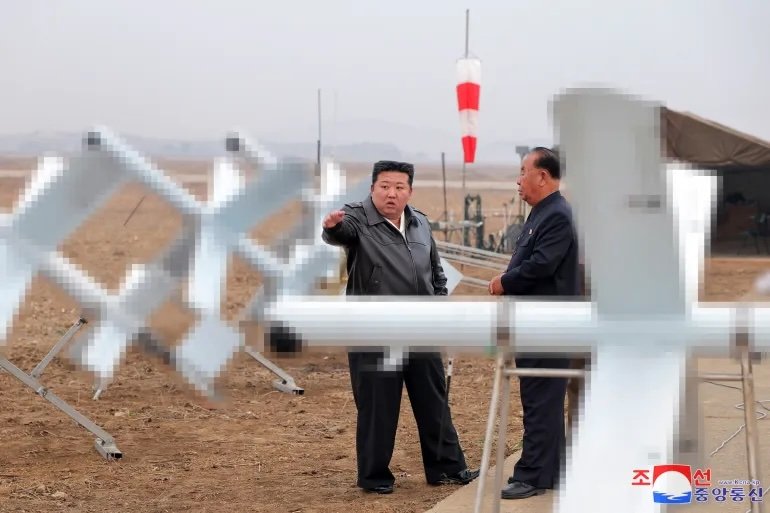The Closing Door: Sharp Drop in North Korean Defectors Signals Tighter Control
North Korea's movement restrictions have reached new heights, resulting in a dramatic reduction in the number of defectors escaping the country. In 2019, over 1,000 North Koreans successfully fled to South Korea. By 2021, that number had plummeted to a mere 63.
More recently, only 181 defectors — 159 women and 22 men — arrived in South Korea between January and September of last year, according to a United Nations human rights report. These current numbers represent a small fraction of past levels, highlighting the tightening grip of the regime on its citizens.
Why the Dramatic Drop?
This sharp decline is largely due to extremely strict controls: severe restrictions on movement internally, increased use of surveillance technology along an already heavily fortified border, and even "shoot-on-sight" orders for anyone approaching the border with China, making escape far more perilous than before.
A Shift in Who Escapes: From Trafficked Women...
Historically, trafficked women often escaped through China, where they were subjected to exploitation such as forced marriages and sex trafficking, driven by the severe gender imbalance that fostered a black market for brides. Defector tales once echoed stories like Chae-ran's, who recounted how she was transported to northwestern China after finishing high school and was forced to choose between working in a bar entertaining customers or marrying a Chinese farmer eight years her senior, recalling that “I wanted to cry, but I knew nothing would change even if I did.”
...To Handpicked Workers
The recent UN report highlights a demographic shift. Now, many arrivals in South Korea are laborers officially sent abroad – primarily to China and Russia – specifically to earn foreign currency for the Kim regime. Despite the partial reopening of borders after COVID-19 closures, only these few, often selected for their perceived loyalty, seem able to find opportunities to flee.
Escape from Forced Labor Abroad
Selection criteria for overseas work often require demonstrating unwavering loyalty and being married. This allows Pyongyang to use potential repercussions against families left behind as a powerful tool to ensure compliance. Laborers work under strict surveillance by government minders, making escape difficult.
However, the harsh conditions—akin to modern-day slavery with forced multi-year contracts, confiscated passports, and most wages siphoned off by the government—combined with the prospect of eventual return to North Korea, compel some to defect. They seize rare moments when supervision might be less intense, such as during travel between job sites.
Families Left Behind: Stuck in an Invisible Prison
For the families of defectors who remain in North Korea, the consequences are severe and immediate. Even if they avoid execution or labor camps, they endure "intensified surveillance and suspicion," confining them to what observers call an "invisible prison."
Treated as "dangerous elements" and enemies of the state, one defector’s relative described how “they must live their entire lives feeling like criminals... They gradually began avoiding people because having every breath, meal, and word monitored and reported became unbearable.”
Security agencies heavily restrict the lives of these families. They are frequently denied travel permits, particularly to border regions, out of fear they might also attempt to defect or contact the outside world for information or money. One family reportedly abandoned travel to a relative's wedding after realizing security agents were following them, wishing to avoid causing problems for their hosts.
These inhumane restrictions not only isolate families within North Korea but also amplify the immense burden of guilt and worry carried by defectors living in freedom.







































